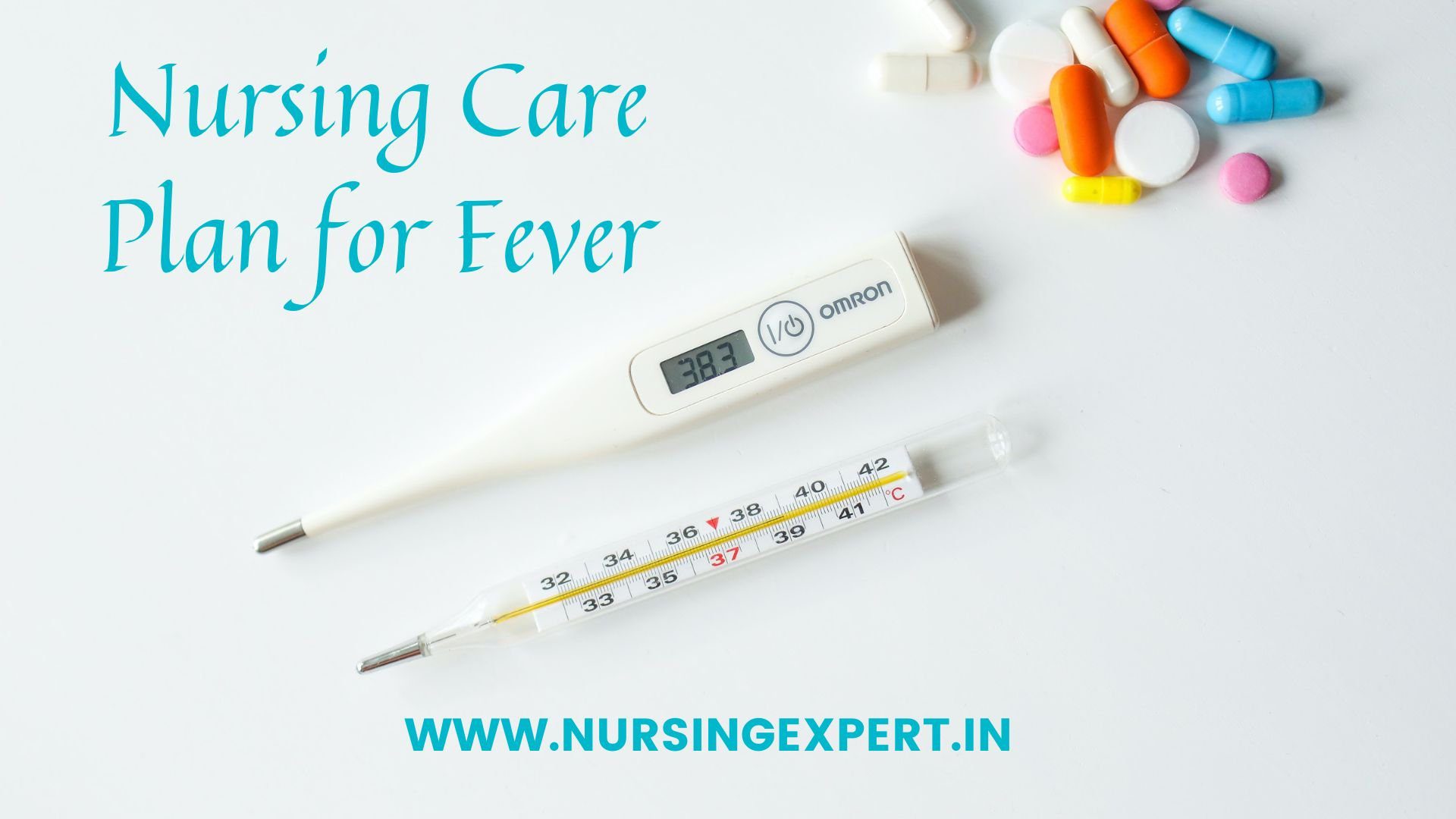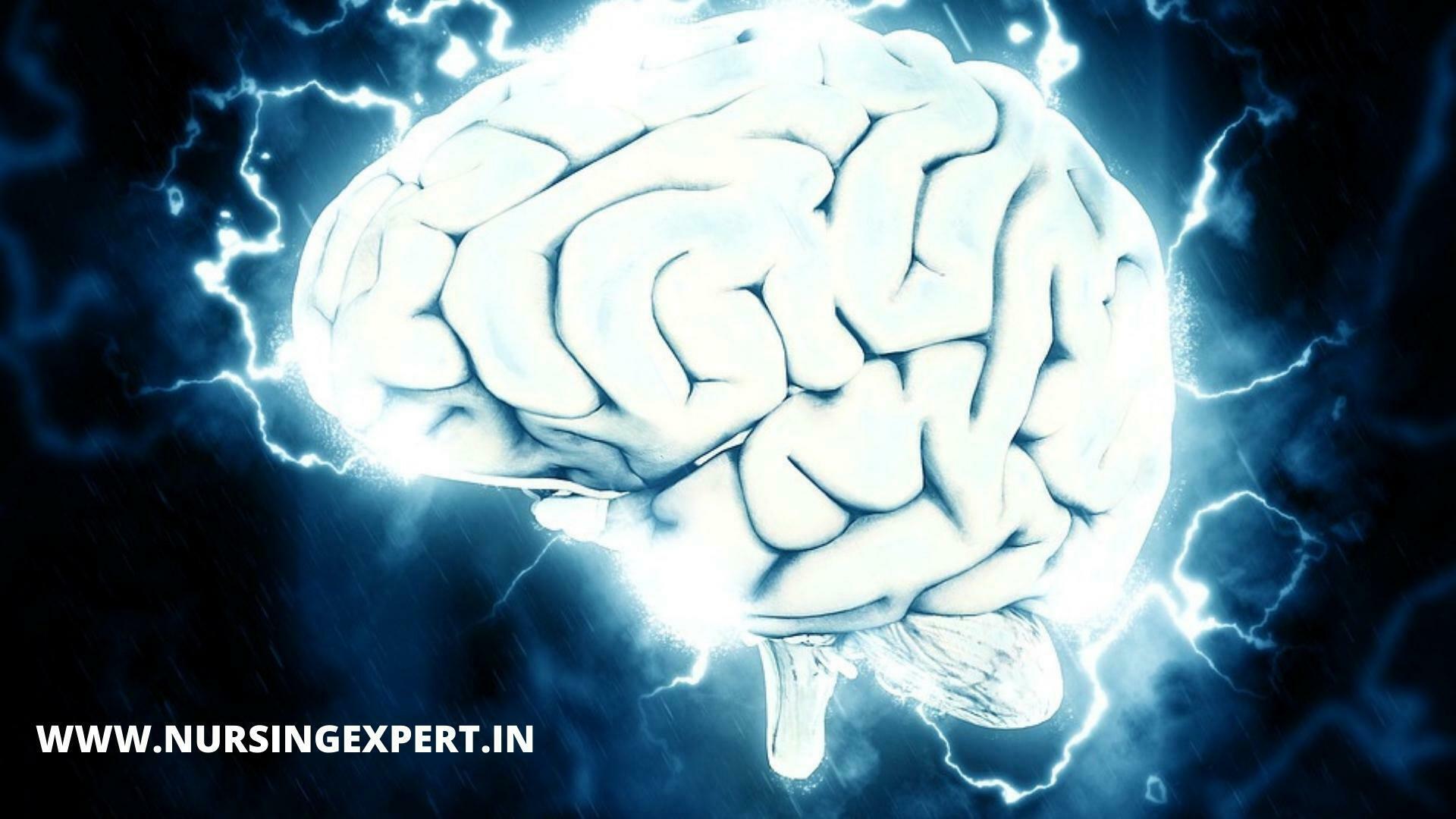Anorexia nervosa NCP (Nursing Care Plan) is an essential tool for the recovery and support of people dealing with anorexia nervosa. This disorder is one of the most serious eating disorders and affects both the body and the mind. People with anorexia nervosa often experience an intense fear of gaining weight and restrict their food intake, which leads to extreme weight loss. Without proper care, this condition can harm a person’s heart, bones, and overall well-being.
Thank you for reading this post, don't forget to subscribe!
A nursing care plan helps nurses, caregivers, and families provide structured care. It ensures the patient’s physical health improves while also focusing on emotional healing. This guide uses a fictional example to explain how such a care plan is created and carried out.
Remember, the patient information here is only an example and not real. It is for learning purposes only.
Patient Information for Anorexia Nervosa NCP
- Name: Priya Sharma
- Age: 16 years
- Gender: Female
- Medical History: Priya has lost a lot of weight in the past year. She has irregular eating habits and was diagnosed with anxiety in the past.
- Symptoms: Severe weight loss, fear of gaining weight, tiredness, feeling cold all the time, thinning hair, and stopped menstrual periods.
- Medical Diagnosis: Anorexia nervosa
- Admission Date: January 5, 2025
- Care Plan Initiated: January 6, 2025


Nursing Care Plans for Anorexia Nervosa NCP
Nursing Assessment
| Category | Details |
|---|---|
| Subjective Data | Priya says, “I feel too fat” even though she is underweight. She also says she does not feel hungry. |
| Objective Data | Priya has lost a lot of weight. Her BMI is 14 (very low), and her nails are brittle. |
| Vital Signs | Blood pressure is low, her heartbeat is slow, and her body temperature is below normal. |
| Hydration Status | She has dry skin and lips, which are signs of dehydration. |
| Pain Assessment | Priya does not report physical pain but feels very stressed. |
| Laboratory Values | Tests show her potassium and glucose levels are low, and she has anemia. |
Nursing Diagnosis
- Imbalanced nutrition: Priya is not eating enough food to meet her body’s needs.
- Disturbed body image: She has unrealistic thoughts about her body size and shape.
- Risk for electrolyte imbalance: Not eating enough and dehydration can cause dangerous problems in her body.
- Anxiety: Priya feels very nervous about gaining weight and struggles with control over her eating.
- Ineffective coping: Priya has trouble dealing with stress in healthy ways.
Nursing Interventions and Rationales
| Intervention | Rationale |
|---|---|
| Monitor Priya’s vital signs regularly. | This helps identify any dangerous changes in her body, like low blood pressure. |
| Encourage small and frequent meals. | This makes eating less overwhelming and supports gradual recovery. |
| Provide therapy and counseling sessions. | Talking to a professional helps Priya improve her thoughts about her body. |
| Teach about the importance of nutrition. | Understanding how food fuels her body can help her make better choices. |
| Give electrolytes or vitamins if needed. | These keep her body healthy while she recovers from the disorder. |
Nursing Goals
- Priya’s weight will increase to a healthy range for her age and height.
- She will start to see her body in a more realistic and positive way.
- She will understand why balanced meals are important for her health.
- Priya will feel less anxious about gaining weight and have better self-esteem.
- She will learn healthy ways to handle stress and emotions without harming herself.
Evaluation and Expected Outcomes
- Physical Health: Priya’s weight and BMI improve to a normal range. Her heart rate, blood pressure, and other health signs return to normal.
- Mental Health: Priya starts to feel better about her body and does not fear weight gain as much.
- Knowledge: She knows how to create and eat balanced meals and understands why her body needs them.
- Overall Recovery: Priya resumes her normal activities and continues to get support for staying healthy in the future.
FAQs About Anorexia Nervosa NCP
- What is anorexia nervosa, and why is an NCP important? Anorexia nervosa is when someone fears gaining weight and does not eat enough. A nursing care plan makes sure they get help for their body and mind.
- Why does low potassium matter in anorexia? Low potassium can make the heart beat irregularly and cause weakness, so it is very important to fix.
- How does therapy help in anorexia recovery? Therapy helps patients like Priya feel better about their bodies, lower their stress, and make positive changes.
- What can family members do to help? Family members can provide support by encouraging meals, listening without judgment, and helping the person stick to their care plan.
- What should I do if I think someone has anorexia? Talk to them kindly and suggest they see a doctor or counselor. Offer support and do not blame them.


